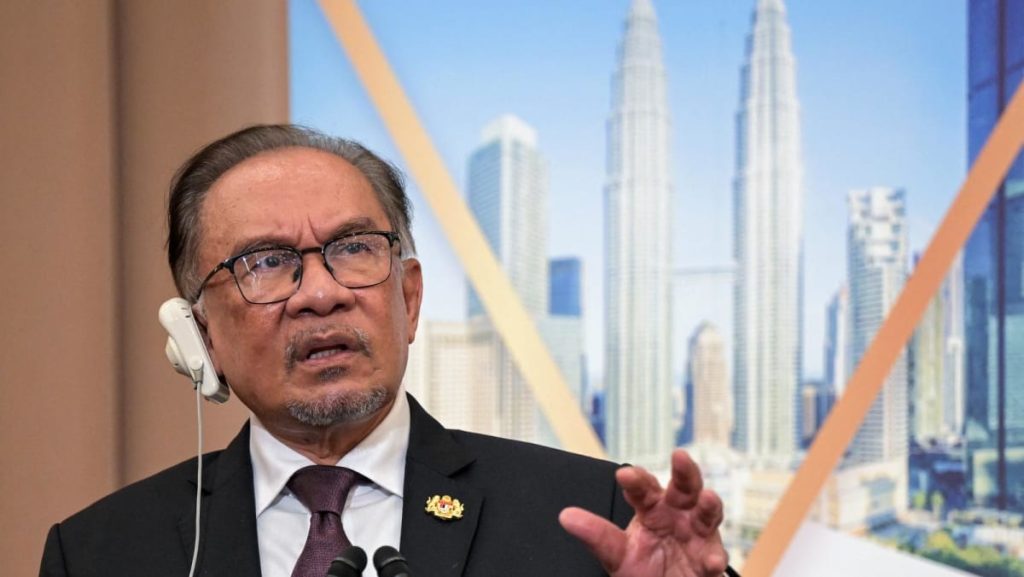The finance ministry of Malaysia recently announced the discontinuation of diesel subsidies for certain groups in Peninsular Malaysia, setting the price of diesel at RM3.35 per litre according to the automated pricing mechanism. The decision to align diesel fuel prices with market prices was made in an effort to rationalize subsidies for consumers in the region. This move comes almost three weeks after Prime Minister’s special address on May 22, in which he announced the rationalisation of diesel subsidies without specifying when it would be implemented. Those in the Borneo states of Sabah and Sarawak would be exempt from the reforms due to the prevalence of diesel vehicles in the region.
In his televised special address, Mr Anwar emphasized the importance of targeted subsidies that do not burden the majority of the people. The government will continue to provide diesel subsidies to businesses that utilize select commercial diesel vehicles, as well as offer cash handouts to eligible individual owners of diesel vehicles. Additionally, the government introduced the Budi Madani cash aid programmes to help ease the impact of the reforms, with around 30,000 eligible recipients set to receive RM200 in their accounts.
The rationalization of fuel subsidies in Malaysia has been a long-standing issue, with discussions on the matter spanning almost two decades. However, previous governments lacked the political will to implement such reforms until now. Mr Anwar highlighted that the reforms to diesel subsidies mark the third government initiative to restructure the country’s subsidy distribution system, following rationalization of subsidies for electricity tariffs and sales of chicken announced last year. These measures are expected to result in significant cost savings for the government and signify a broader shift away from costly blanket subsidies.
The decision to discontinue diesel subsidies for certain groups in Peninsular Malaysia and align diesel fuel prices with market rates is part of a wider effort to move away from blanket subsidies that primarily benefit the ultra-rich and foreign nationals. Mr Anwar emphasized that blanket subsidies tend to favor those with higher levels of consumption and spending, including millions of foreigners. By targeting subsidies to those who truly need them and implementing reforms to the subsidy distribution system, the government aims to create a more equitable and sustainable subsidy framework that reduces fiscal burdens and promotes economic growth in Malaysia.


